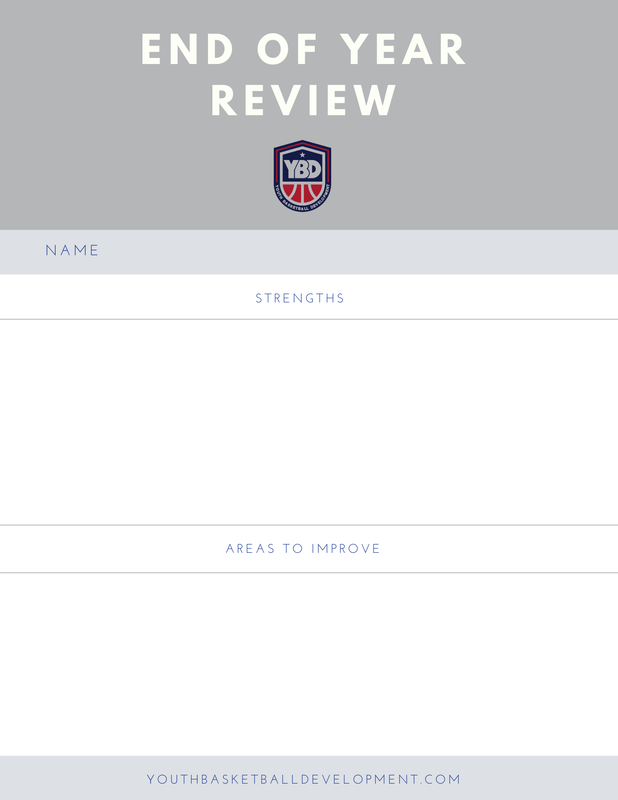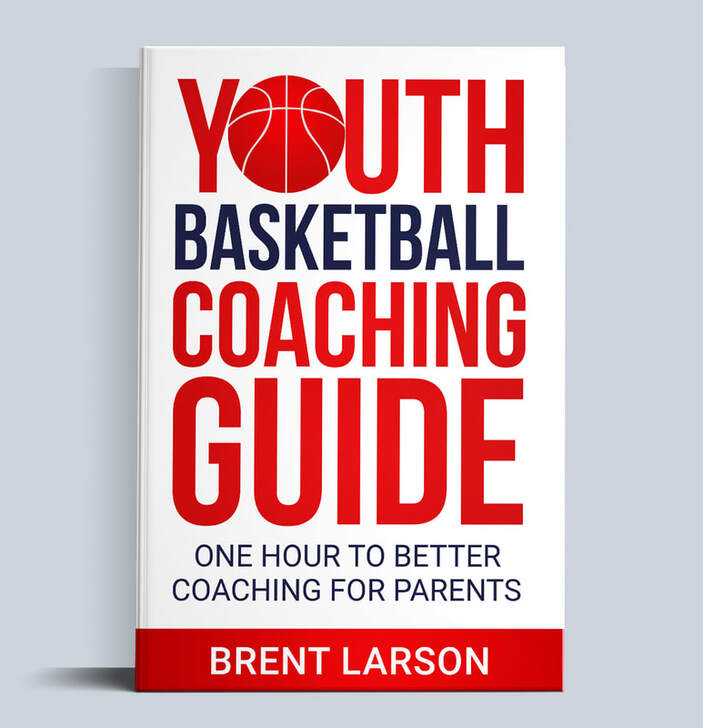LEARN
|
A welcome packet. is a great way for your youth association to make a good first impression and let your volunteer youth coaches know that they will be supported.
If you are interested in having this welcome packet, designed for coaching ages 5-8, customized with your school logo and contact information just email [email protected] with the title Free Welcome Packet. -YBD Staff You are a Youth Basketball Coach. Now What?
The reason why we volunteer to start coaching our son or daughter’s youth basketball team is because we love our child, we enjoy the game of basketball, or sometimes because no one else volunteered for the position. As a volunteer youth basketball coach we come from all occupations and experiences and typically not one of us is a professional basketball coach by trade let alone a head coach at the high school or college levels. Even if you were a star basketball player in high school or college it may have been ten to fifteen years since you were last involved in basketball for a full season. With the vast wealth of information out there it can be overwhelming for anybody. So now what? This book is designed to help you navigate what is important to teach as well as what’s not important in regard to long term development of your team and child. We strongly feel that positive core values, skill development, and having fun are far more important to long term success than any strategy or plays and having fun does not happen without positive core values, working hard, and skill development. To illustrate this there are tons of successful ways to play the game of basketball offensively and defensively but there is one thing that never changes. For these offensive and defensive strategies to be successful, you need good players. If your players cannot shoot, pass, pivot, or dribble well your perfect play or offensive system will not work. If your players struggle to listen, lack a work ethic, are not good teammates, and are not motivated to improve skill level does not grow. Good players listen, work hard, are good teammates, and are skilled. So how do you get good players? As a youth basketball coach you must develop core values and skill. Additionally, the offensive and defensive strategy you do end up choosing must be simple, easy to teach, allow some player freedom for decision making offensively, and ideally incorporate skill development within your system so practices are more efficient. We will get into this all in greater detail later. For right now it is important to know that youth basketball coaching and development is a marathon and not a sprint. Slow long term improvement versus short term gains from strategy is paramount. Summary
Core Values Pete Carroll in his book Win Forever: Live, Work, and Play Like a Champion says, “The simple act of making thoughtful, affirmative statements about who we are and what we want to achieve can be an incredibly powerful tool for getting the best possible performance out of ourselves.” He also notes that if we change who we are from year to year we will never be great at anything. As a youth basketball coach it is extremely important that you have three to five core values that you have written down and strongly believe in with your whole heart and that you can be genuine about. These core values will become the foundation of your culture and will help shape positive behavior within your team both on and off the court. They should be so clear that everyone on your team knows what we are about and what is important to us. Your current youth association you belong to or high school coaching staff may have these values clearly defined that they want taught and emphasized throughout the year. You may have to define them yourself based on what you feel is important to the group you are coaching. Some examples of teams successfully defining their core values and living them are the United States Military Academy West Point’s core values of duty, honor, and country and the University of Virginia men’s basketball team values of humility, passion, unity, servanthood and thankfulness. These two groups have clearly defined who they are and what they want to be about. They have a strong identity that helps guide behavior in a positive way. West Point is one of the most highly regarded leadership institutions in the world and Tony Bennett’s team at the University of Virginia has been one of the top basketball programs in the United States with a National Championship won in 2019. You may be thinking that hey this is just coaching a fifth grade youth basketball team. We are not a college or professional program and this core values thing seems a little over the top. We completely understand this and it is human nature to think this way. However, by defining what core values you want emphasized and taught, you are taking a big step toward becoming above average and not the normal team or program. You are taking a big step in shaping your team and child in a positive way both on and off the court. As an example for youth basketball ages five through eight years old, this may simply be stating to your group that we are emphasizing listening, working hard, and having fun and then defining what these values look like. As a coach we know our players are listening when they are not bouncing the ball or talking to teammates and have their eyes on you while talking. Working hard is giving your best effort and not comparing yourselves to others. When we listen and work hard we will have fun. After defining these core values ask your team if they agree so they have a sense of ownership. Also, when you see these core values demonstrated it is important to celebrate them in front of the group. Summary
Motivation Daniel Coyle, in his book The Talent Code, does an unbelievable job of discussing the many factors of motivation, which he terms ignition, and how, “Ignition supplies the energy, while deep practice translates that energy over time into forward progress.” As a coach you will be involved in creating the desire and energy of your team to work hard, improve, and follow your team’s core values. You will be involved with creating the vision and habits for your team. In this chapter we will discuss how motivation can be created and sustained and why long-term commitment, language, and physical environment are important. We will also discuss how to improve intrinsic motivation and when to use extrinsic motivation. To read more become a YBD member or purchase the book on youthbasketballdevelopment.com. When consulting with our youth coaches and parents we recommend the below steps for optimal use of our on demand skill development program:
|
Archives
April 2024
Categories
All
|


 RSS Feed
RSS Feed